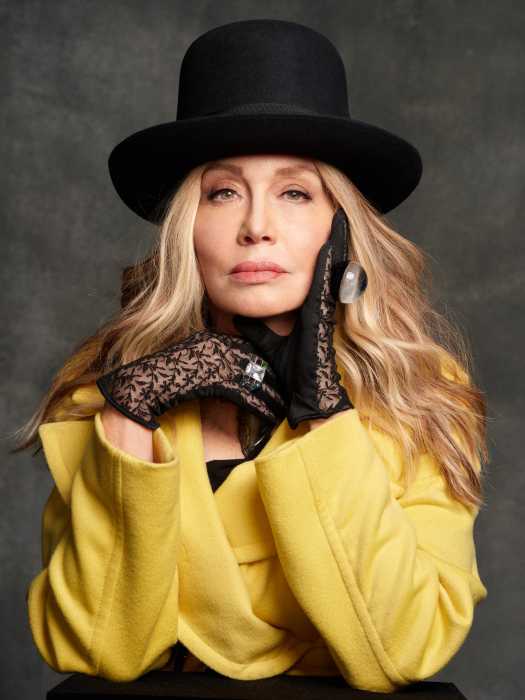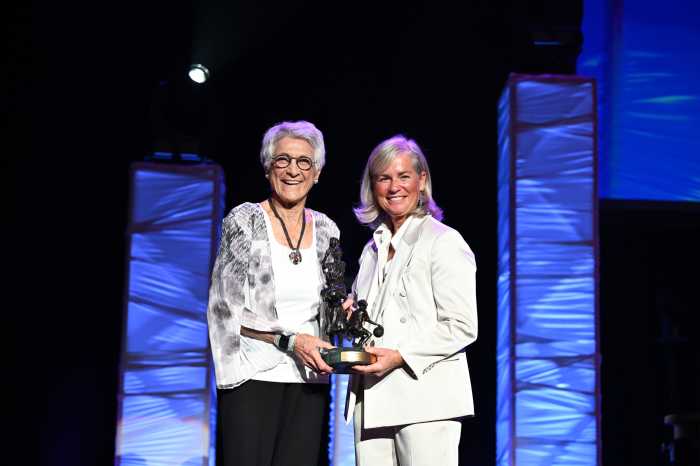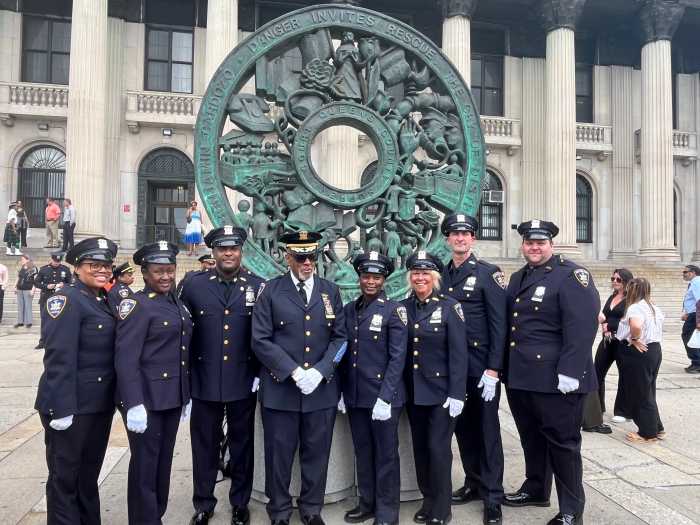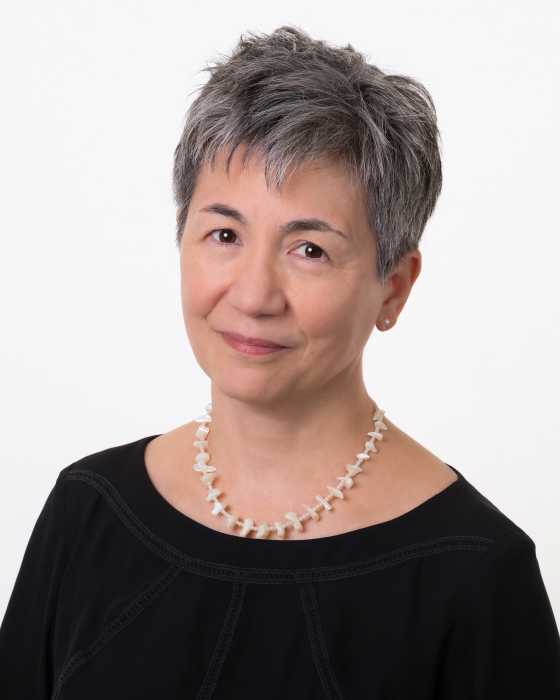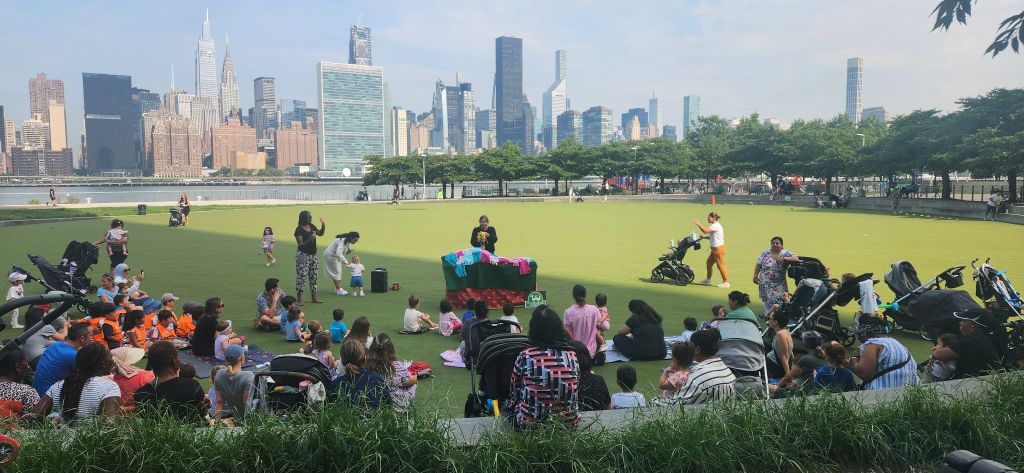By Madina Toure
At the second annual Black Lives Matter Summit at LaGuardia Community College, Rev. Al Sharpton and civil rights leader and anti-violence activist Tamika Mallory shared their thoughts on the movement and race relations in the United States.
The daylong summit, held in the Mainstage Theater of the college at 31-10 Thomson Ave., touched on inequality faced by minorities in contemporary society. Discussions centered on race, education, police brutality, health and wellness.
Sharpton, founder and president of civil rights organization National Action Network, reminded attendees of the Poor People’s Campaign, a national movement Dr. Martin Luther King, Jr. started in 1968 that sought economic justice for poor individuals in the United States.
As King was building the campaign, a labor strike took place in Memphis and he was able to attend and demonstrate the parallel between the Poor People’s Campaign and the labor strike to get support for his campaign, Sharpton said.
But some younger, more radical attendees who attacked him for being a nonviolent advocate started breaking windows and someone ended up getting killed, which prompted some people to accuse MLK of leading a riot, Sharpton continued. MLK went back to Memphis to prove that he could be the nonviolent advocate but he was assassinated there April 4, 1968.
“I start with that story because 48 years later, we’re still dealing with the issue of economic failure, poor people not getting a fair share,” he said. “We’re still arguing about who’s the most militant, who’s the most radical and who’s not and still not focused on (the fact that) we can all have different tactics.”
“It doesn’t matter what route you choose if we’re all headed to the same place,” he continued. “In the middle of all of that arguing about whether King was a sellout…they killed King.”
Sharpton also said although he believes that all lives matter, not all lives have been treated the same way and that ahead of the April 19 New York state primary, voters should focus on the candidate who is on the side of the black community.
“The only counsel I will give is decide what your goals are and agendas (are) and see who speaks to that agenda,” he said. “They keep asking me who am I going to endorse. I’m more concerned with who’s going to endorse us.”
Mallory, former executive director of the National Action Network, gave the keynote address. She said young activists should not be underestimated.
“There are lots of millennial activists who are organizing, who are really sort of coming up and are really taking on the reins in the leadership and so please do not let people tell you that we are not making major change across this nation and we will continue to do so,” she said.
She also said there should be more conversations about the Black Lives Matter movement as it pertains to women and girls.
“We somehow in our minds are very, very caught up in supporting our men and our women have become a second conversation,” she said. “It took two years after the White House launched its My Brother’s Keeper initiative for three black female congresswomen just last month to form the first ever black caucus on black women and girls. Why? Because I believe that the lives of black and brown girls are simply not valued as much in our society.”
Darren Ferguson, campus life manager for the Multicultural Exchange in the college’s Division of Student Affairs, and Michael Baston, the college’s vice president of student affairs, also spoke.
Reach reporter Madina Toure by e-mail at mtour

